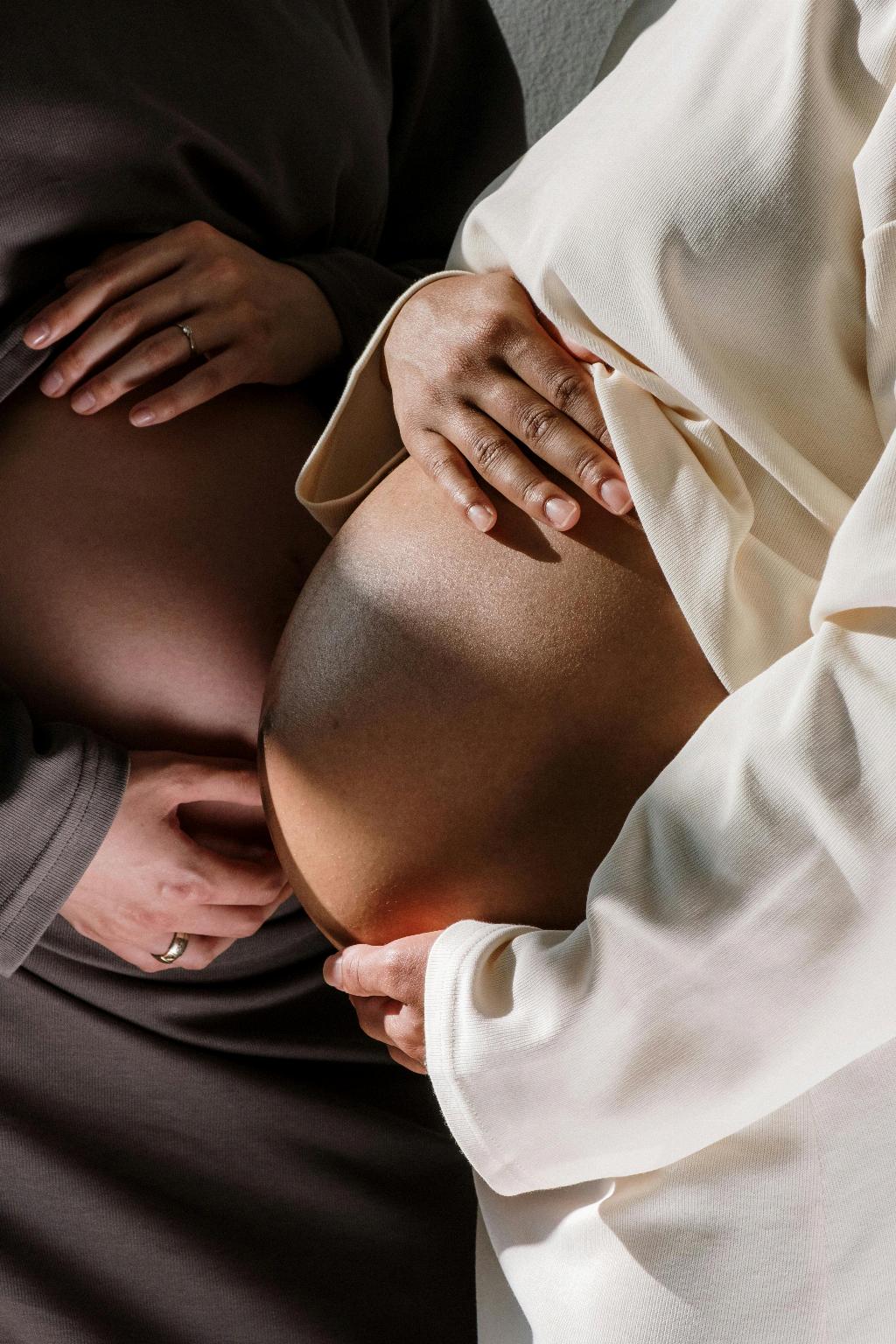When it comes to taking a pregnancy test, timing is crucial. The accuracy of a pregnancy test depends on a variety of factors, such as the sensitivity of the test, the concentration of pregnancy hormones in your body, and how well you follow the instructions on the test.
Understanding Ovulation and Pregnancy Hormones
Ovulation is the process where an egg is released from the ovaries, typically occurring around the middle of a woman’s menstrual cycle. After ovulation, the ruptured follicle forms a structure called the corpus luteum, which produces progesterone. If fertilization occurs, the embryo produces a hormone called human chorionic gonadotropin (hCG), which is the hormone detected by pregnancy tests.
The Window for Testing
For most women with regular menstrual cycles, ovulation occurs around day 14, with the fertile window spanning a few days around this time. If the egg is fertilized, it travels down the fallopian tube and implants in the uterus, starting the production of hCG. This hormone is what pregnancy tests are designed to detect.
The Timing of Testing
While some pregnancy tests claim to detect pregnancy as early as six days before a missed period, this timeline is not guaranteed for all women. Testing too early may result in a false negative, as the levels of hCG may not be high enough to register on the test. It is recommended to wait until after your missed period for the most accurate results.
Factors Affecting Detection
Various factors can influence the accuracy of a pregnancy test, including the sensitivity of the test, the concentration of hCG in your urine, and the timing of implantation. Some women may have lower levels of hCG in early pregnancy, making it harder to detect on a test in the days immediately following ovulation.
False Negative Results
If you receive a negative result on a pregnancy test taken six days after ovulation, it is essential to remember that this does not definitively rule out pregnancy. The levels of hCG may still be too low to detect, and it is recommended to retest in a few days or after a missed period to confirm the result.
Wait for Accuracy
Testing too early can lead to unnecessary stress and confusion. While the anticipation of a potential pregnancy can be overwhelming, waiting for the right time to test can provide more accurate results. Patience is key in this situation.
Guidelines for Testing
When taking a pregnancy test, carefully read the instructions provided with the test kit. Follow the guidelines for the recommended time to test, as well as proper urine sample collection. Testing first thing in the morning is often suggested, as the concentration of hCG is typically higher in the urine at this time.
Seeking Professional Advice
If you are experiencing symptoms of early pregnancy or have concerns about the timing of testing, consider consulting with a healthcare provider. They can offer guidance on the most suitable time to test and help alleviate any uncertainties or questions you may have.
Emotional Considerations
The process of trying to conceive and awaiting the results of a pregnancy test can be emotionally taxing. It’s essential to maintain a healthy balance of hope and realism during this time, understanding that the outcome is not entirely within your control.
Conclusion
In summary, while some pregnancy tests claim the ability to detect pregnancy as early as six days after ovulation, it is advisable to wait until after a missed period for the most accurate results. Factors such as hormone levels, test sensitivity, and timing play a significant role in the reliability of the test. Patience and diligence in following testing guidelines are key in this process.

